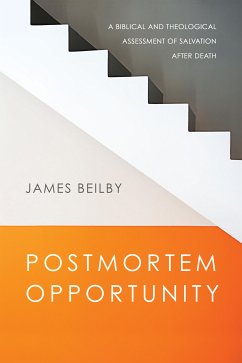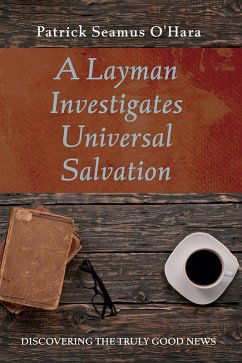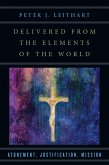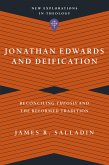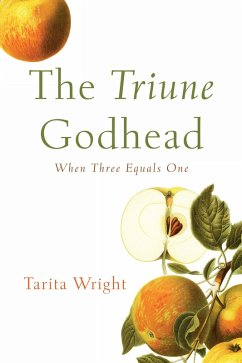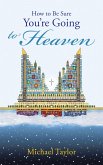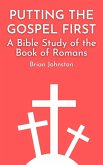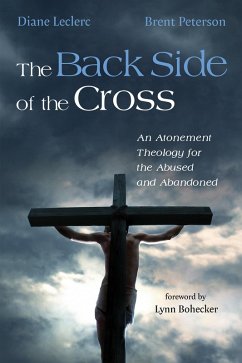One of Jesus' most basic commands to his disciples was to tell the world about the good news of his life, death, and resurrection. From the earliest days of the church, Christians have embraced this calling. But for those Christians who emphasize the need for an active response to the gospel in order to be saved, this raises some difficult questions: What about those who did not hear the gospel before death? Or what about those who heard an incorrect or incomplete version of the gospel? Or what about those who were too young or who were otherwise unable to respond?In light of these challenging questions, theologian James Beilby offers a careful consideration of the possibility for salvation after death. After examining the biblical evidence and assessing the theological implications, he argues that there is indeed hope for faith-even beyond death.
Dieser Download kann aus rechtlichen Gründen nur mit Rechnungsadresse in A, B, BG, CY, CZ, D, DK, EW, E, FIN, F, GR, HR, H, IRL, I, LT, L, LR, M, NL, PL, P, R, S, SLO, SK ausgeliefert werden.

